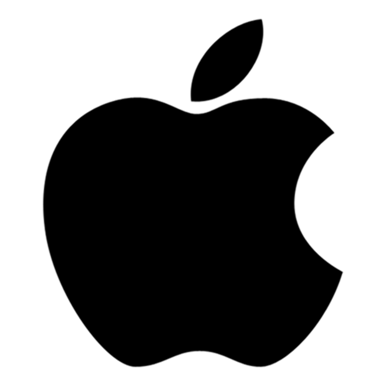If a concept idea for Apple product seems to make legitimate sense, the chances are, the rumor will resurface again and again until – if ever – that idea reaches fruition.
Much like the news last week that the purported iPhone 5 device would have a Liquidmetal outer shell, the murmurs of an iPhone "Nano" device are not exactly original. In a year in which some seem adamant a smaller iPad will, for some reason, be on the fruit company’s to-do list, the talk of a more entry-level iPhone are once again gathering some momentum.

China Times seems to reckon Tim Cook’s Cupertino-based outfit is plotting a cheaper iPhone this year, and although no specific names were named, the report cites sources from within Apple’s supply chain. Despite already being the most sought-after smartphone on the planet, Apple apparently wants to assert more of an authority in the lower-end of the smartphone food chain. Its current system of retailing older devices is still out of the price range of many consumers in the tough economic climate. The 3-year-old iPhone 3GS can still be purchased brand new, but at $375, it’s just too much now for what is very aging technology, and the popular Apple brand can only do so much in reeling in new business.

The report pitches Apple as releasing this device around the same time as the new, sixth-gen iPhone later this year, but we’re keeping an open mind as to whether the plans to "go nano" are genuine or indeed just urban myth. After all, pre iPhone 4S, Apple’s iPhone 4 and 3GS trumped all competition on basically every US cellular network, performing a neat one-two at the summit of each sales chart, which suggests that, while Apple cannot reach out to every consumer, the majority are happy with an iPhone, regardless of age.
From another angle, many of Apple’s products are out of the reach of the average consumer, but there aren’t any signs of prices coming down in those categories. The MacBook, in its various forms, is still hundreds of dollars more than other notebooks, but Apple has always charged high prices, and with annual profits still growing exponentially, why would they put out a product below that premium benchmark?
Thoughts?
(via BGR)
You can follow us on Twitter, add us to your circle on Google+ or like our Facebook page to keep yourself updated on all the latest from Microsoft, Google, Apple and the web.

